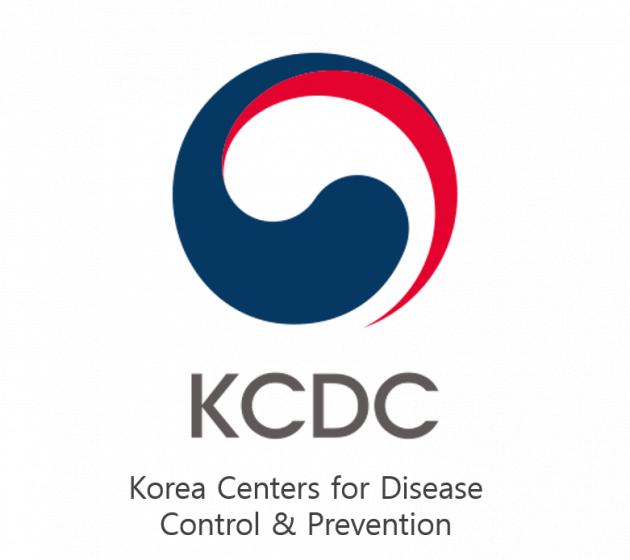
Korea Centers for Disease Control and Prevention (KCDC) announced measures to deal with the nation’s polio vaccine shortage Thursday.
The reasons for global polio shortage were multi-factorial, the ministry said, which included manufacturing or production problems abroad leading to decreased supply as well as a shift in production to combined vaccines instead of single vaccines.
Korea currently imports all of its polio vaccines.
In light of the domestic vaccine shortage, the ministry has placed a priority on having all infants receive the basic three-rounds of vaccinations when they are two, four, and six-months-old, in alignment with previous policy.
The ministry also revised guidelines issued in June due to the continuing vaccine shortage, it said.
After receiving the initial three rounds of vaccinations from two to six months old, infants should now get the recommended additional vaccinations starting from 12 months and older (up to 18 months). The ministry had previously advised children to get the extra shots from six months of age.
KCDC also said children over four years old who need to get vaccinated would be able to do so starting next February, an extension from the previous guideline which stated infants would be able to do so in October.
The revised policy will be effective until next January when the supply of domestic vaccine will become stable, the ministry said, adding that it will begin regular operations after February.
The ministry also advised the parents of infants, who are getting their first round of vaccines at two months of age, should choose the pentavalent combination vaccine, which is apparently plenty in supply.

